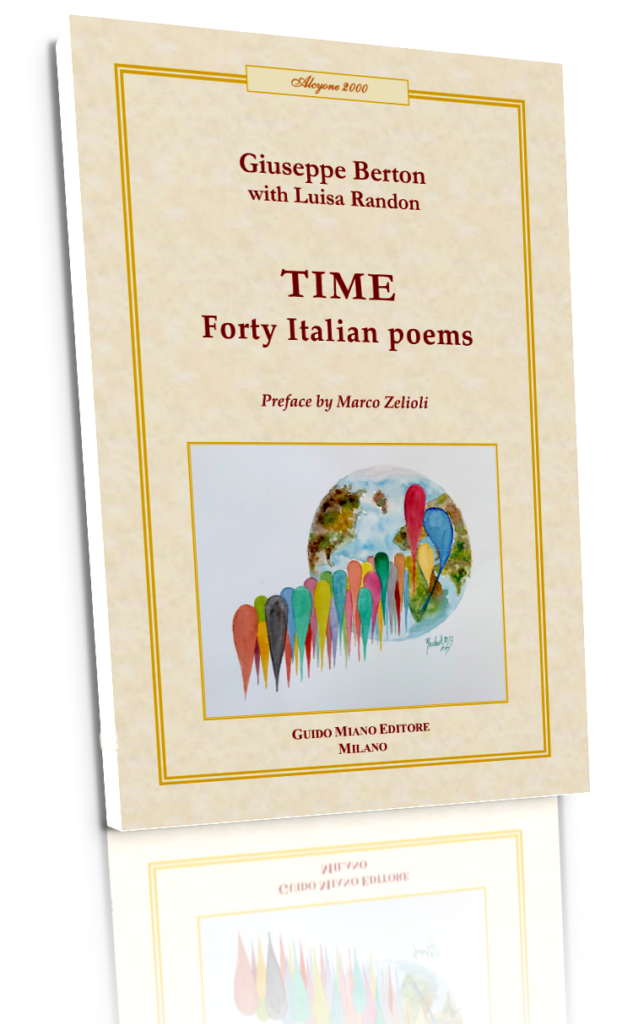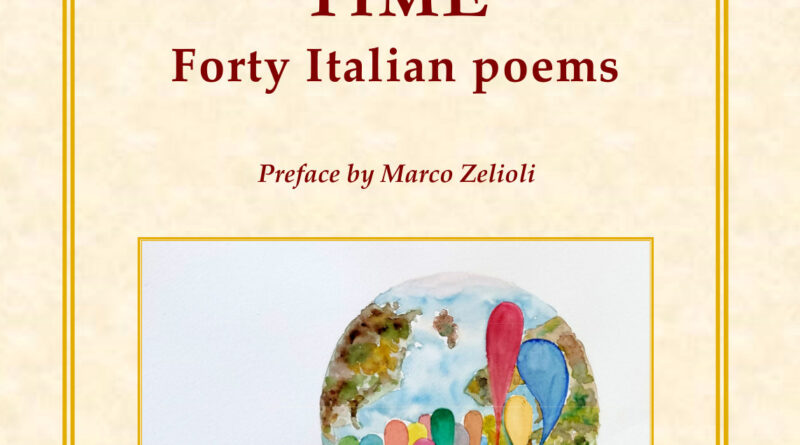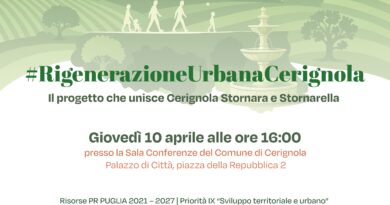È uscito il libro di poesie: TIME – FORTY ITALIAN POEMS di GIUSEPPE BERTON
con prefazione di Marco Zelioli
e traduzione in inglese di Luisa Randon
Comunicato Stampa GUIDO MIANO EDITORE NOVITÀ EDITORIALE
Pubblicata la raccolta poetica dal titolo “Time – Forty Italian poems” di Giuseppe Berton, con prefazione di Marco Zelioli e traduzione in inglese di Luisa Randon, nella prestigiosa collana “Alcyone 2000”, Guido Miano Editore, Milano 2024.
Many Italians write poems, but it is very unusual for them to write, or translate their poems into English. Congratulations to Giuseppe Berton for this Time, Guido Miano Ed., Milano 2024, a book “dedicated to all those who desire TIME TO LIVE”, as you read in the dedication. The author, in addition to writing poetry, works as a cardiologist and researcher; moreover, he loves running (including marathons), cycling ad skiing. He loves music too: the Italian music of Claudio Baglioni, for example, along with the music of Pink Floyd and the Van der Graaf Generator band.
The book comprises Forty Italian poems (this is the sub-title): eight chapters of five poems each. Most of the volume offers the translation of the Italian book The Train and the Poplar (Il treno e il pioppo, Guido Miano Editore, Milano 2021), which already included English translations of some poems, revised in several points for this edition. The section Times of Universe is totally new, as are twelve poems.
Luisa Randon translated all poems but one, In One Look, was translated by Elena Boni. Luisa Randon deserves special mention for her ability to communicate the feelings and the rhythm of the Italian version. To do so, she sometimes introduces line breaks different from Giuseppe Berton’s, allowing both to express their own creativity. As a result, both the original Italian poems and their English translations are very evocative; their language is fluent, simple and smooth. A language that invites reading.
The classical roots of Berton’s inspiration are evident in many poems, from mythological Hellenism to the classical style of Leopardi style and to Romantic themes – all pointing to the irremediable and radical enmity between Nature, Reason and Man.
References to Hellenistic classicism are found in poems such as A thousand Years: “… / Wonder of Hellas. / Breathing of the East. / Pain of the Soul. // Perhaps you were weaving your canvas, / enchanting girl, while the sun / was shining on the sea and on you. // Perhaps your heart throbbed in your chest / and Eros, who melts your limbs, / tormented you at night, // slave to desire / and to painful sorrows. / Sweet girl, crowned with violets. // You implored Aphrodite, / on her colourful throne, not to exhaust your soul / with pains and sorrows. / …”.
References to Leopardi’s lyrics are visible in several poems. For example: “… // The great poet / sang about you / to be relieved from his pain, / for you smiled at him. //… //… Melancholy moon, / light dropping on our eyes / and on the secret paths of the soul, / maybe you are just an illusion. // …” (To the Moon). Perhaps this is why the author writes in the autobiographical note: “The author hopes in Giacomo
Leopardi’s good will if he reads it” (this note was alredy in English in Il treno e il pioppo, Guido Miano Editore, Milano 2021, p.93).
The typical themes of Romanticism appear, for example, in the last three verses of the poem dedicated to Van Gogh, Vincent: “…// I have seen the colours of your stars, / the stars of the soul, of madness, of life, / STARRY NIGHT”. Van Gogh is also mentioned at the opening of Colours: “A thousand colours are reflected / on coral and silver meadows / sand on your sweet eyes. / But in the end, at dusk // what will the colours look like? / Will blue be blue again? / And the green / and the yellow fallen from the sun, // like a drop of joy, / for you Vincent, / sweet soul, lost / in starry fields. // …”. The reader of this book will find many more.
There are frequent references to contemporary life, along the lines of Realism, as in Refugees: “Refugees are fine lines, / between the sand and the sea. / Refugees are Mike and Susie, / run away from the life they loved, // … / / We are Mike and Susie, / we are refugees, / we are lost, / we are dreams”. You can find another clear example in Homeless.

The author, as noted above, loves music, particularly the music of the English band Van der Graaf Generator. The five poems of the fourth part of the collection, by explicit admission of the author, are inspired by this band, echoing their contents and style: Refugees, The Lighthouse, Jericho, Forsaken Garden and Once I Wrote a Poem. Hence, Enzo Concardi can write in his preface to Berton’s book Il treno e il pioppo: “Berton tells us everything with a free poetic style (…) conveying to his poetry assonances that echo those of progressive rock” [my translation].
All poems can be easily read with pleasure. This is true for poems divided into stanzas and those not; for lyrics that include only three verses, as Haiku, or more than fifty, as in the case of To the Moon and A Thousand Years; for verses that are short, very short, or even single-worded, and for particularly long verses, as in the first lines of Five O’Clock at Night: “Endless night, wrapping around our thoughts. / Heartbeats, like wings in flight, brushing the skin. / Three hours, thirty years, five o’clock at night”. Berton’s language can be rich and varied as in the poem Like a Dream, or insistently repeated as in In a Sight, where the words “At the end” introduce all the twenty-seven lines of the lyric.
In this collection Berton outlines an itinerary of research; better, a searching itinerary. Search for life, for its ultimate meaning, in a path where uncertainty and confidence coexist, and where something leads our path: “A dim light, still far away, / may lead us / to a safe harbour” (last verses of The Lighthouse).
In every poem of Time you can feel the charm of discovery. Discovery of time, as in Time of Universe; of colours, as in the poem of the same name; discovery of love, as in numerous poems, from which the loving sentiment leaks gently: “While the evening fell / silently / on the restless world. // And our kisses / lightly floated on the earth, / endlessly” (last six verses of Before Calling You Love, to give just one example). Everything is watched with attentive eyes, eager to discover a meaning: eyes able to relate everything to that meaning. All of reality is described with love and reverence, arousing a desire for life. Perhaps a sign of resilient faith, surely an inner search for the meaning of time passing: “And I was thinking of time, / the time measured by physicists, suffered by poets, / considered infinite by believers. // I think time is an illusion, / only an illusion in this unknown life. / And it is less than a kiss.” (last six verses of Time). Time passing is initially seen almost as nonsense, but in subsequent lines time is revalued in comparison with something that feels eternal, that is love: “… // I was looking at my love, / and I could feel things changing all around. / I could feel space and time changing, // somehow like gravity changes / space and time, / around the universe. // …” (from One Day).
Time is, in fact, the journey of life, represented by the train, in search for the stability of the soul, whose emblem is the poplar: “… // The train seemed happy, / but nobody knew if it was true. / What matters is not what it shows. // The poplar tree seemed sad, / but nobody knew if it was true. / What matters is what it hides. // …” (from The Train and the Poplar Tree). Few, clear words; verses that spin like the wheels of the train on the tracks and that run away like wind in the poplars’ tops. Words that make us think, because the poet shares with us the awareness that ‘time to live’ is the most important thing. And poetry is indeed able to catch an instant of time and preserve it – as much to the writer as to the reader – so that it is never lost.
In short, this is a book of sincere, pleasant poetry, with a touch of Italian originality that remains in the English translation. Moreover, as the author himself writes in the note that accompanies the Italian book Il treno e il pioppo, “You don’t have to use a dictionary to understand the verses, you just have to use your heart to understand the poet’s language”.
That is true, if a poet -as Berton is- writes himself from the heart. Forgive the involuntary irony, since Berton is not only a poet, but a cardiologist by profession; but you can find some irony also among these Forty Italian poems, which makes their reading even more enjoyable.
Marco Zelioli
Giuseppe Berton, Time – Forty Italian poem, pref. Marco Zelioli, trad. in inglese di Luisa Randon, Guido Miano Editore, Milano 2024, pp. 80, isbn 979-12-81351-42-4, mianoposta@gmail.com.




